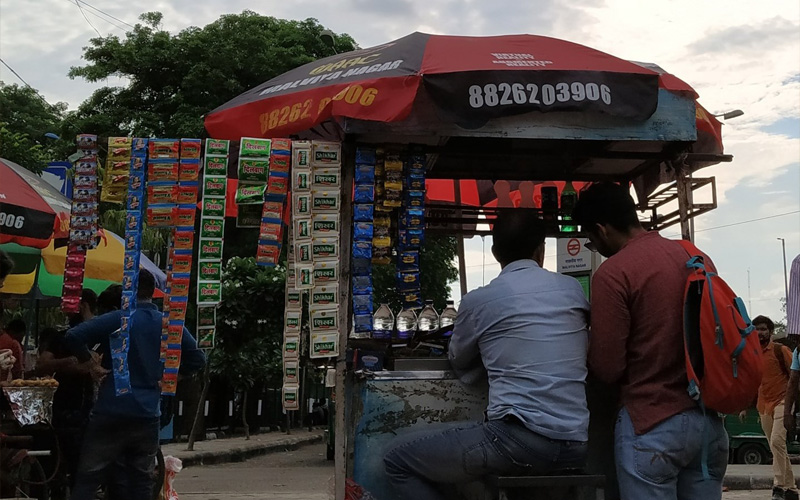
According to WHO, India has the largest incidence of oral cancer in
the world with 13 out of every 100,000 Indians suffering from the disease. An
estimated 65 million Indians use gutka, which along with other forms of smokeless tobacco (SLT) is
held responsible for the high incidence of oral cancer. In 2012-13, many Indian
states passed legislation to ban the sale of gutka under the Food and Drugs
Regulation Act following its reclassification as foodstuff and the associated
prohibition of the use of tobacco and nicotine as ‘ingredients in any food
product’. Since then, all the states in the country have banned the sale,
production and distribution of gutka.
How effective is the ban in the states? Are important stakeholders
--- users, retailers, suppliers, aware of it? How has each stakeholder reacted
to the ban? Has sale and consumption of gutka increased or decreased or
remained unchanged since the ban? These and several related questions have
remained unanswered although anecdotal evidence and casual observation suggest
that these bans are not fully implemented in some states and that enforcement
is lax in many cases. Reports from other states suggest the ban is working well
and the manufacturing, distribution and sale of gutka has stopped. The reason
for these differences in policy implementation and policy effectiveness are
unclear. This study was a systematic evaluation of the impact of different
state-level policies that ban ‘gutka’, and their associated impact on tobacco
use and likely health outcomes.
This research evaluation study was jointly undertaken by Johns
Hopkins Bloomberg School of Public Health’s Institute for Global Tobacco
Control (JHSPH-IGTC) and WHO-India in collaboration with the JHSPH-CCP and
CCC-I.
The evaluation was conducted in eight states: Assam, Bihar, Odisha,
Karnataka, Maharashtra, Gujarat, Madhya Pradesh and New Delhi. Data was
collected on various dimensions of gutka ban: from the perspective of users,
quitters and officials involved in policy formation and those involved in
implementation and enforcement. A four-stage sampling design was adopted for
the selection of respondents. The study provided evidence on gaps in the implementation
of the gutka ban in the eight study states and the way forward.
The
findings and recommendations of this study looking at the effects of the legal
ban on gutka and smokeless tobacco product use were widely disseminated at eight
workshops conducted in different study states to apprise policy-makers about
the current gaps in the enforcement of the gutka ban so that they could
strengthen policies to curb consumption of smokeless tobacco.